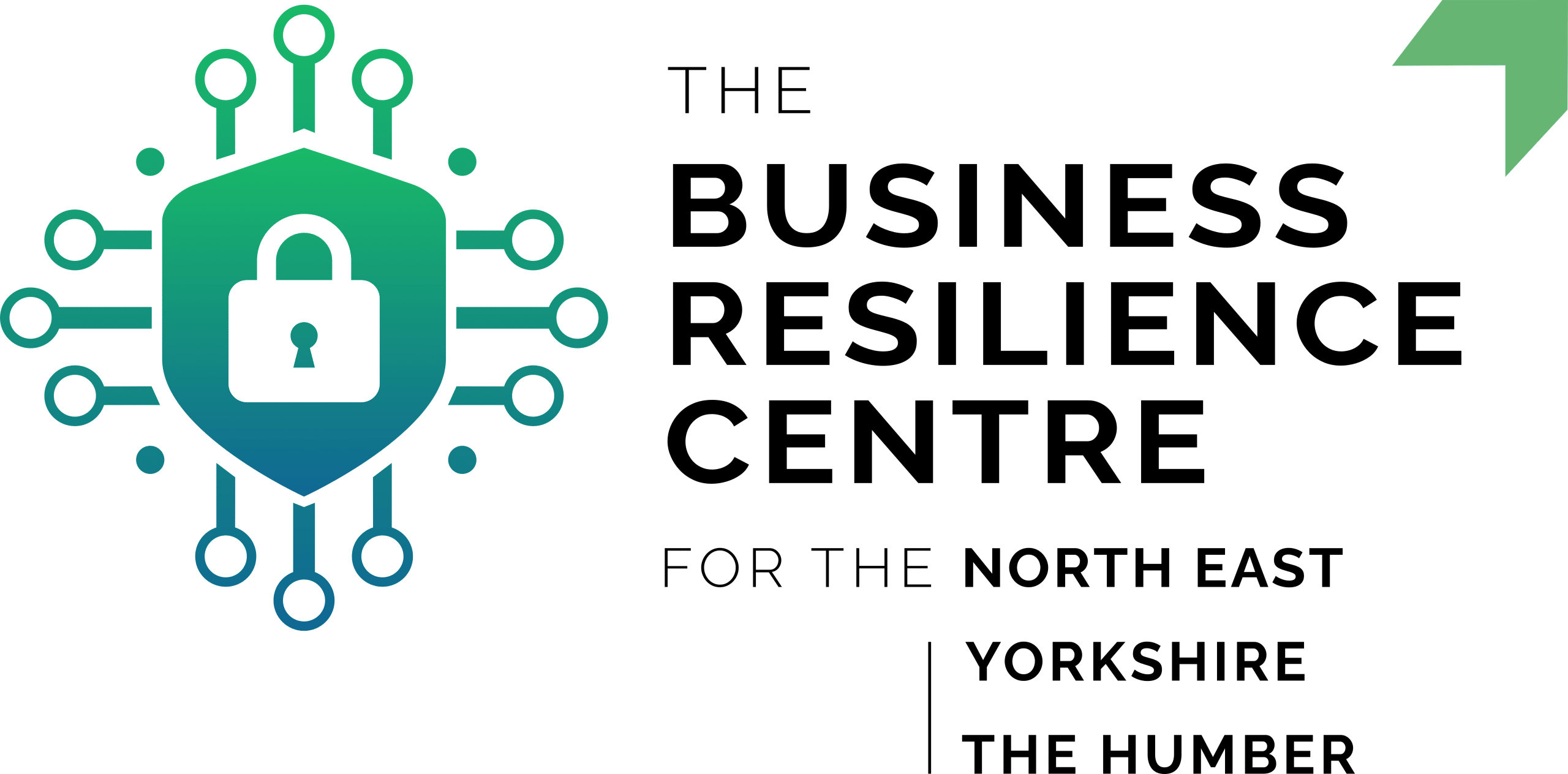Recent research from Forbes reveals that remote working is at an all-time high. Employees are enjoying reduced travel time, improved work life balance and reducing their carbon footprints, but remote working can introduce increased cyber risks.
Staying safe online is a priority for us all. Our email is where we tend to keep most of our personal and financial information. If a cyber-criminal gained access to your email account, they could: access your other online accounts using the ‘forgot password’ feature (which often sends you an email) read all your emails, download and extract all your emails, and set up email rules, meaning you can’t see certain emails being delivered.
The following two actions can help to protect your email accounts – act now and circulate the following to colleagues:
1. Use a strong password for your email using 3 random words
- Your email password should be strong (meaning it is difficult to guess and crack) and different to any of your other passwords.
- Combining 3 random words is a great way to create a password that is easy to remember but hard to crack, which is why the National Cyber Security Centre advocate it’s use.
- Do not use words that can be guessed (like your pet’s name). You can include numbers and symbols if needed. For example, “Hippo!PizzaRocket1”.
2. Using multi-factor authentication
- Multi-factor authentication sometimes known as 2 factor authentication (2FA) can give added protection against criminals guessing or cracking passwords.
- It works by asking for more information (the extra factor) to prove your identity. For example, getting a code sent to your phone when you sign in using a new device or change settings such as your password, or perhaps every time your accounts at accessed, the code is required – you can configure this in the settings of most email accounts.
Also be aware that many broadband packages include free security tools. These include content controls, allowing you to block users from assessing certain categories of websites; and web protection, which includes warnings about certain sites before you even visit them. Regular back-ups and anti-virus protection can also help protect your email accounts
However, working remotely doesn’t always take place at home, it can be in a café, train station or hotel, which can lead to the use of unsecured public networks/WiFi. Using unsecured networks might lead to cyber-attacks, with known attack techniques, such as:
Man in the middle: The cyber-criminal intercepts your internet traffic and acts as a proxy, or middleman between your computer and the web service you are accessing.
Evil twin: where cyber-criminals will create a second network impersonating a trusted network and your computer is accessible once you are connected.
So, how can this be prevented?
Be very cautions of using public WiFi, if you can use your use mobile data instead, as this gives you a secure internet connection, but remember to make sure your mobile internet has a strong unique password! If you must use public Wi-Fi such as in a hotel or café, always check with staff members on the network name. Avoid visiting sensitive websites which require passwords or card details, including any workplace login such as emails or portals.
Better still use a Virtual Private Network (VPN) this gives you a private internet connection across an unsecured shared internet connection such as public Wi-Fi. Meaning you can do your day-to-day work such as accessing emails whilst on the move!
If you would like further guidance on how you can stay safe online, please contact us at [email protected] or sign up to our free core membership. Make it your business today to ensure you and your employees are staying safe online.

